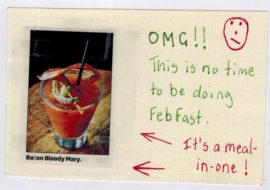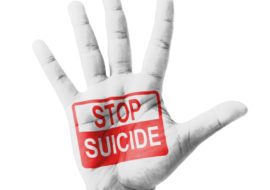Category: <span>News</span>
Home »

Managing Sleep-Related Anxiety: Tackling Nighttime Worries
As the day winds down and the world around us quiets, our minds have a tendency to bring forward the anxieties that often …

Changing Our Habits: FebFast
Well, the month is over and I’ve now completed FebFast, the alcohol-free challenge. After the celebrations and parties …

RUOK? Suicide: Have the Conversation
This year, the message of RUOK Day (11th September ) is ‘have the conversation’. Asking someone whether they are thinking …
